1. Abkhazia, the Lost Paradise by Pierpaolo Mittica
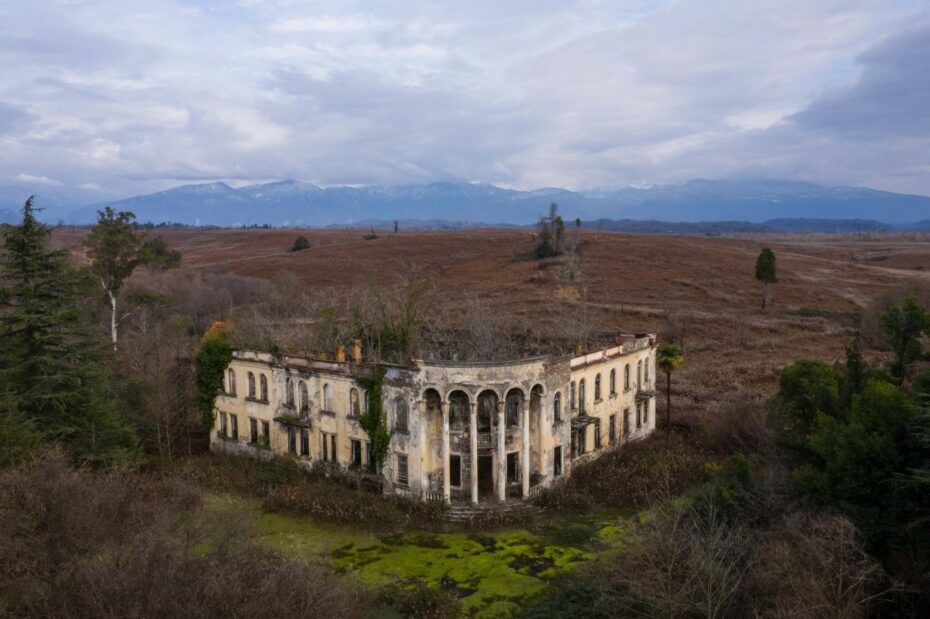
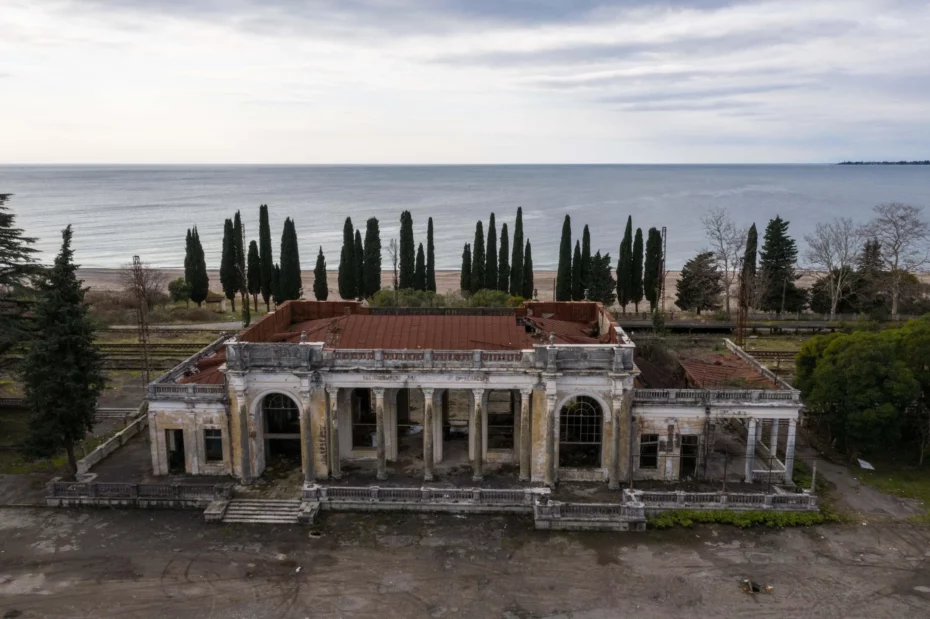


Abkhazia is a non-place. However, it was once considered a paradise. In the years of the Soviet Union, this strip of land spanning 200 kilometres by 100 and facing onto the Black Sea was the chosen holiday destination of the political elite, who could enjoy hospitality of the highest standards. Figures such as Stalin, Beria, Khrushchev and Brezhnev had dachas there.
Following the fall of the USSR, Georgia proclaimed independence, and in turn, in July 1992, Abkhazia attempted to secede from Georgia. There followed a ferocious war that, over the course of one year, devastated Abkhazia, leaving 30 thousand dead and tens of thousands displaced.
Today Abkhazia is an autonomous republic to all intents and purposes, but neither the United Nations nor the European Union recognise its independence. Only five UN member states (including Russia) and three other disputed territories acknowledge its legitimacy as an independent nation. An international embargo continues to stifle economic development and foreign investment in the country.
More photos and information here.
2. The Absurd History of Smoking Banana Peels

In the mid-1960s, rumors of bananas as narcotics began swirling around the hippie scene. Pot cost money. Bananas were cheap. That’s why people fell for it. By 1967, a short piece in the magazine Berkeley Barb kicked off a wider craze for it.


Full article found on Double Blind Mag.
3. Alice’s Cookbook

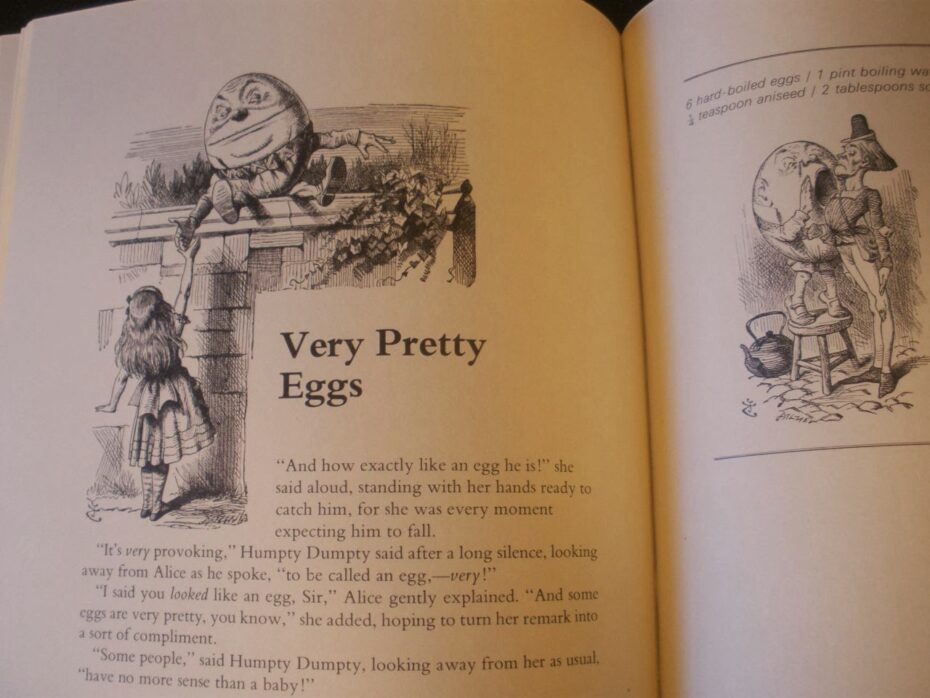
Find a selection of recipes on Flashbak.
4. The Egg Dance: A forgotten tradition
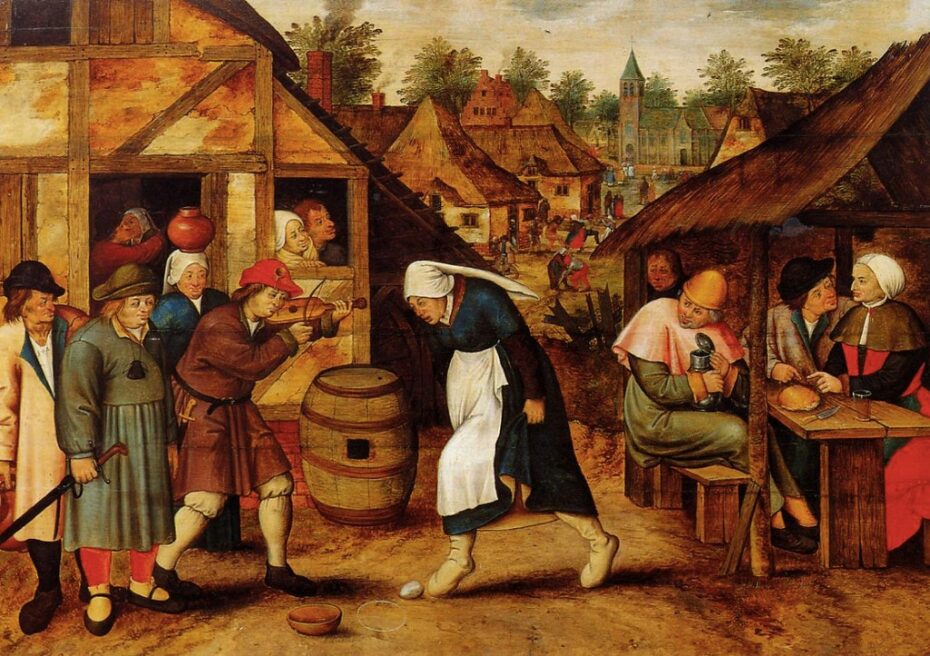
The egg dance was a traditional Easter game involving the laying down of eggs on the ground and dancing among them whilst trying to break as few as possible. Another variation (depicted in many of the images featured here) involved tipping an egg from a bowl, and then trying to flip the bowl over on top of it, all with only using one’s feet and staying within a chalk circle drawn on the ground.
5. Meanwhile in Poland on Easter Monday
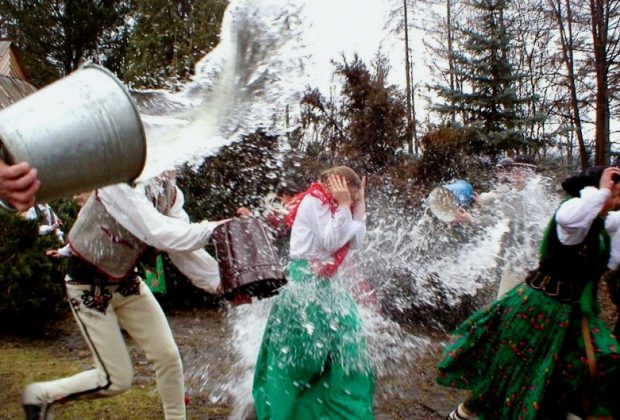
Today is Śmigus-dyngus, meaning “Wet Monday”, a holiday celebrated mostly in Poland. Traditionally boys would pour water on girl they fancy and and spank them with pussy willow branches on Easter Monday, and girls give them an egg, money, brandy or gifts in return! Folks nowadays can still get carried away with all-day water battles, but most just sprinkle family members with water and exchange gifts. The origins of the celebration are uncertain, but it may date to pagan times before 1000 AD; it is described in writing as early as the 15th century.
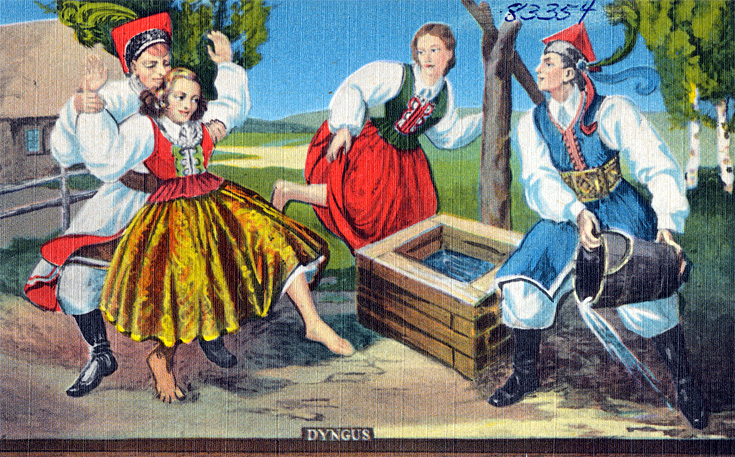
After all the water had been thrown, the screaming girls would often be dragged to a nearby river or pond for another drenching. Sometimes a girl would be carried out, still in her bed, before both bed and girl were thrown into the water together. Particularly attractive girls could expect to be soaked repeatedly during the day… Girls could save themselves from a soaking by giving boys “ransoms” of painted eggs (pisanki), regarded as magical charms that would bring good harvests, successful relationships and healthy childbirths. Although in theory the girls are supposed to wait until the following day to get their revenge by soaking the boys, in practice both sexes throw water over each other on the same day.
It continues to be observed throughout Central Europe, and also in the United States, where certain patriotic American elements have been added to the traditional Polish ones. It’s mostly a case of light sprinkling of water
Found on Wikipedia.
6. A vending machine that sells local cheese and Morteau’s Saucisses in a French train station

Found in Besançon, France, via Reddit.
7. The Hotel Guest Who Wouldn’t Leave

On a June afternoon in 2018, a man named Mickey Barreto checked into the New Yorker Hotel. He was assigned Room 2565, a double-bed accommodation with a view of Midtown Manhattan almost entirely obscured by an exterior wall. For a one-night stay, he paid $200.57.
But he did not check out the next morning. Instead, he made the once-grand hotel his full-time residence for the next five years, without ever paying another cent.
In a city where every inch of real estate is picked over and priced out, and where affordable apartments are among the rarest of commodities, Barreto had perhaps the best housing deal in New York City history. Now, that deal could land him in prison.
The story of how Barreto, a California transplant with a taste for wild conspiracy theories and a sometimes tenuous grip on reality, gained and then lost the rights to Room 2565 might sound implausible – but it’s true.
Interesting read found on The New York Times.
8. Learn some interesting facts with an Architect who breaks down 5 of the most common NYC Apartments
Found via Swiss Miss.
9. Death Stairs (a Facebook group dedicated to exactly what it sounds like)


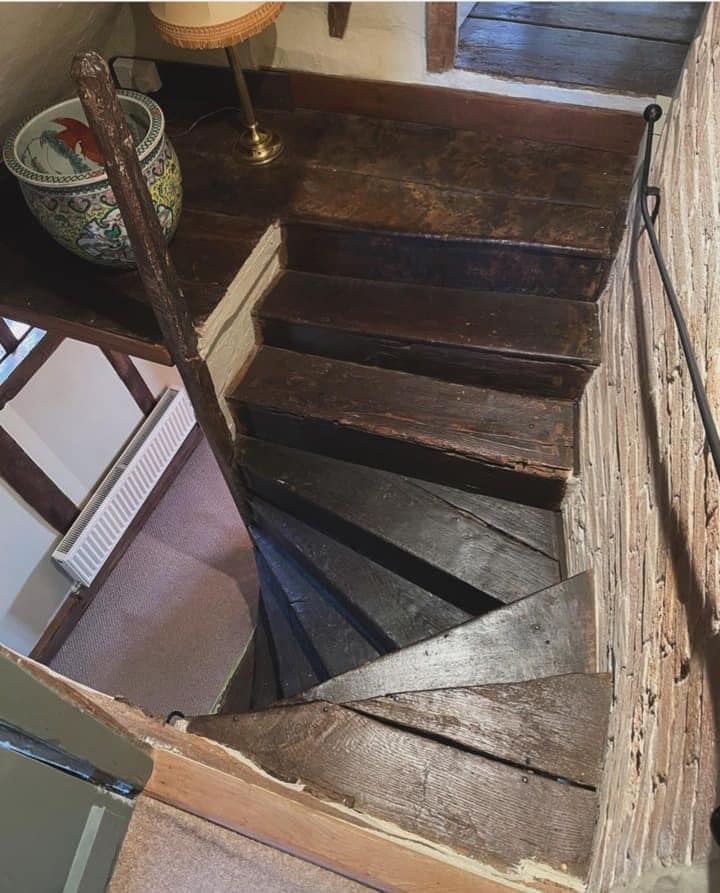





Found on Facebook.
10. Simone de Beauvoir’s library card for Shakespeare and Company, Paris, 1937
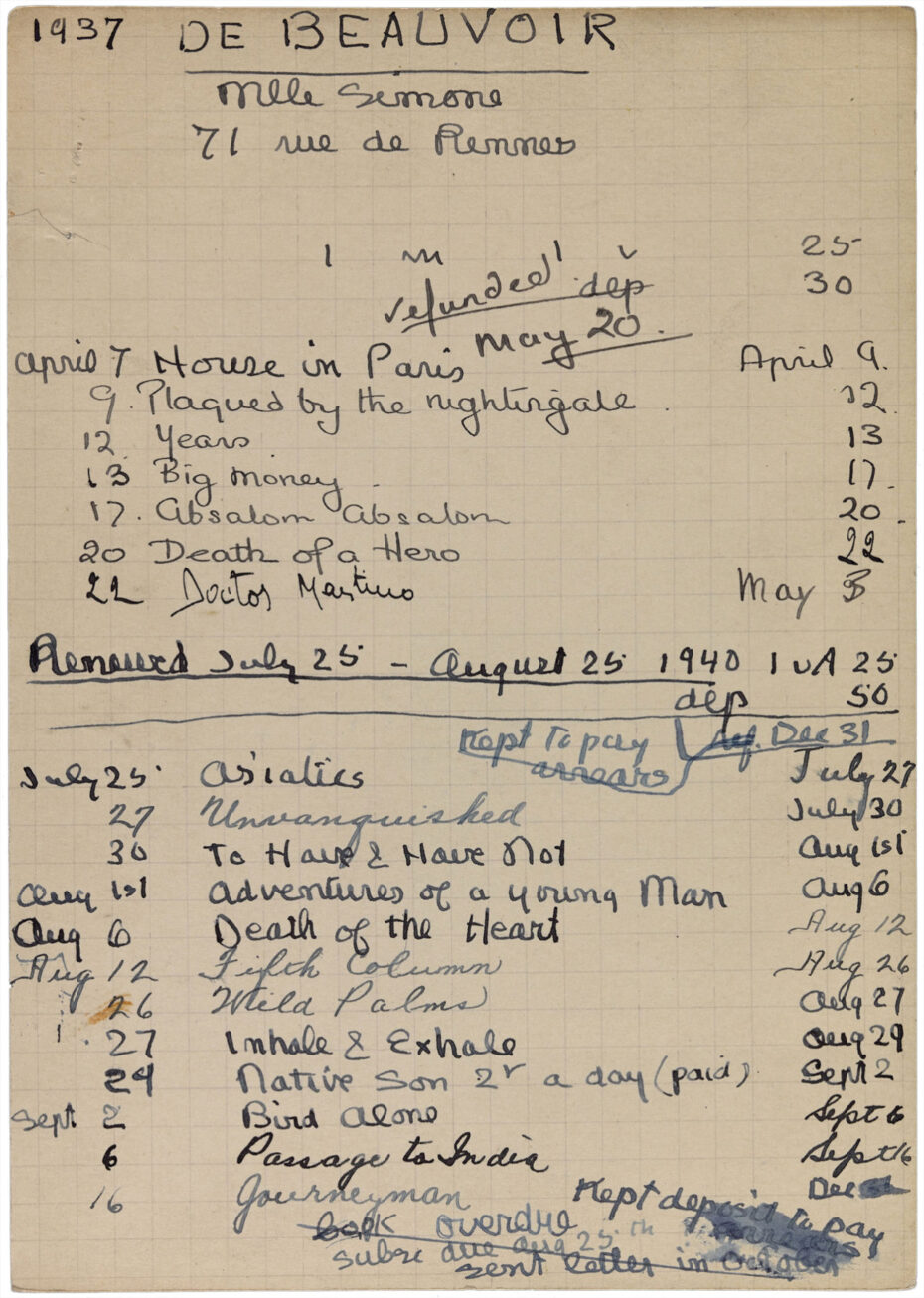
Found in the article: The Secret Feminist History of Shakespeare and Company at NY Books.
11. Fabiola by Francis Alÿs
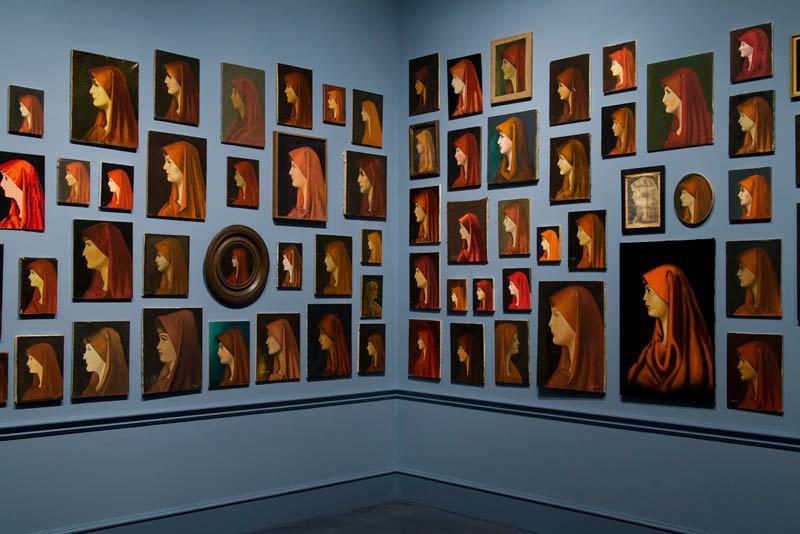
Fabiola is an installation of over 300 painted copies and reproductions of fourth century Saint-Fabiola, collected by Francis Alÿs (a Belgian artist who relocated to Mexico City) from flea markets and antique shops throughout Europe and America in the last 20 years. They are all based on a now lost original painting by french artist Jean-Jacques Henner made in the nineteenth century.
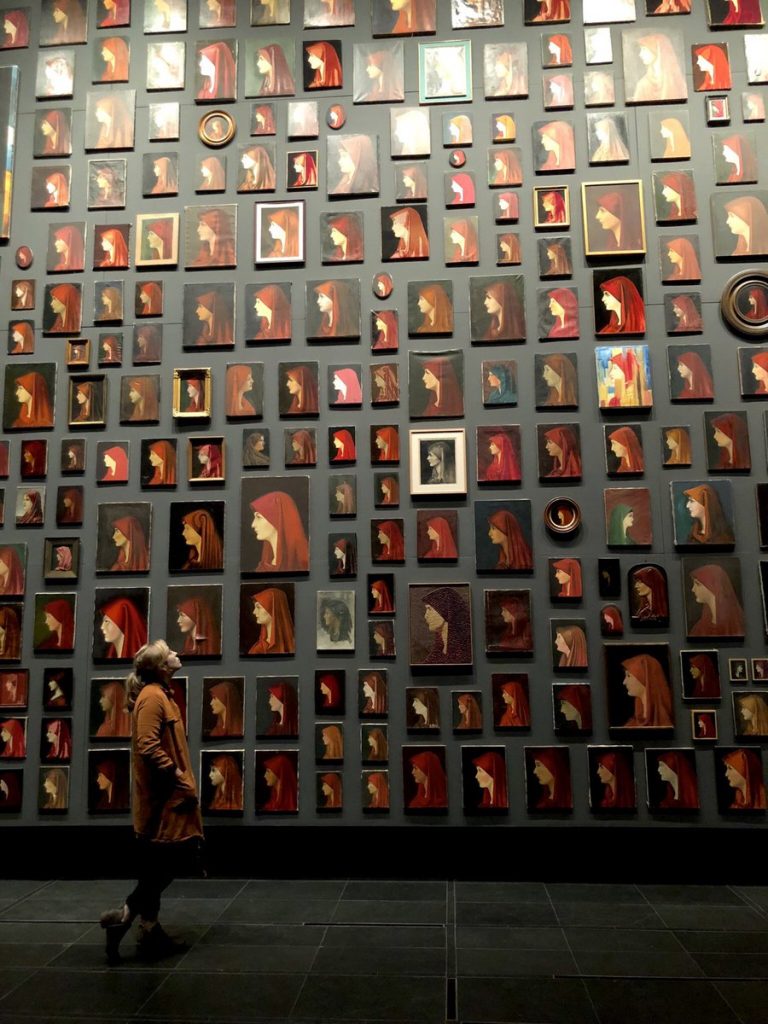

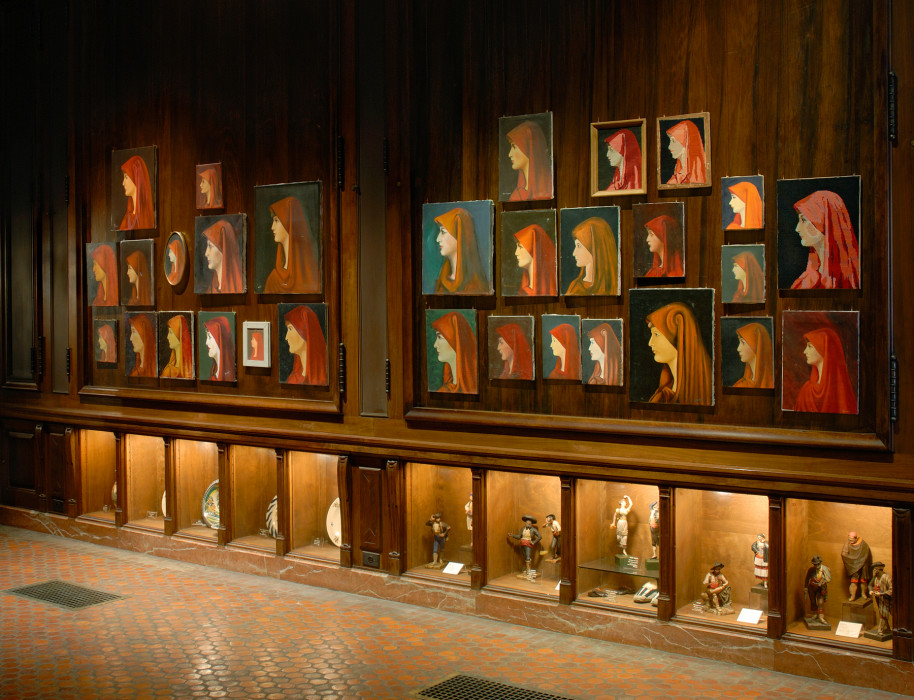
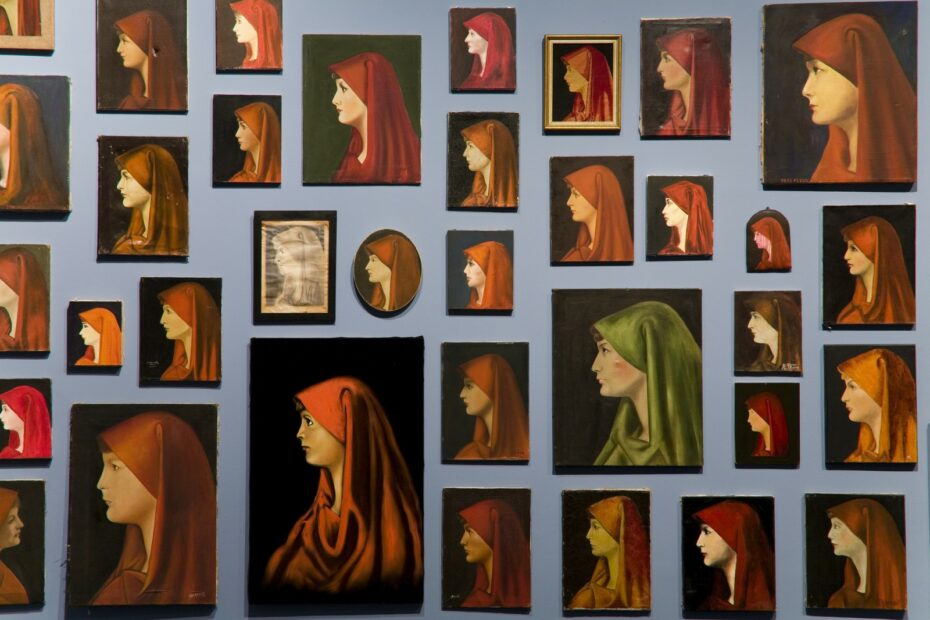
More from this artist found here.
12. The Hidden Life Within by Giuseppe Penone



Found on Improvised Life.